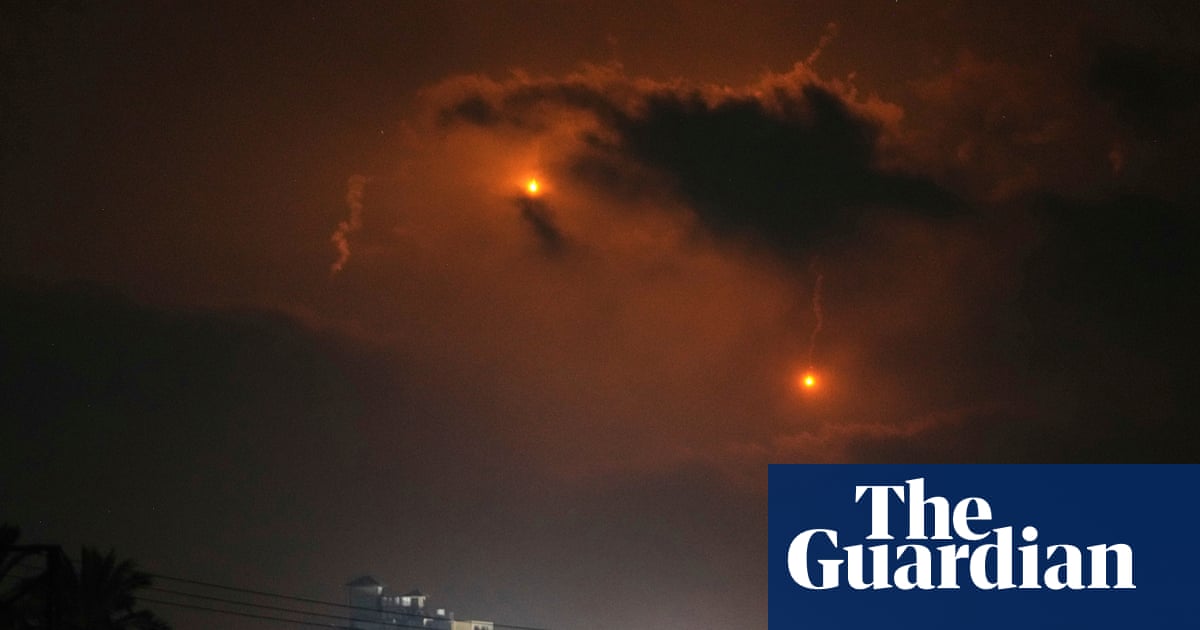T4K3.news
Gaza hunger crisis prompts action in NYC Palestinian community
Palestinian New Yorkers press for more food aid and policy changes as UN warns of record hunger in Gaza.
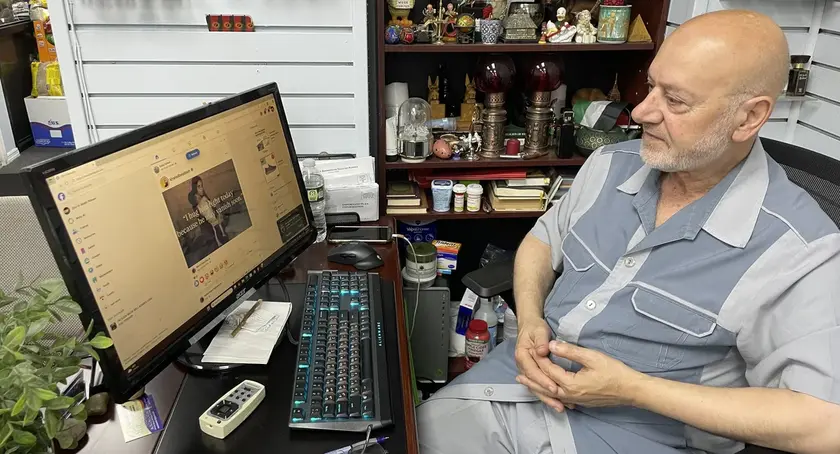
Palestinian residents in New York describe the Gaza starvation crisis as they press for more aid and push policymakers to act.
Palestinian residents confront Gaza hunger crisis
In Brooklyn’s Bay Ridge and the surrounding Little Palestine area, residents say the Gaza hunger crisis hits close to home each morning as they scroll news images and watch friends and relatives suffer. The United Nations has called the situation record hunger and malnutrition in Gaza, with a half‑million people on the brink of starvation and a third of Gaza’s 2.1 million residents not eating for multiple days. Hospitals are stretched beyond capacity, and aid is hampered by ongoing restrictions tied to the conflict that began with Hamas attacks on October 7, 2023.
Locally, the crisis has galvanized a wave of community organizing. Palestinian shops and centers display flags and call for a ceasefire while activists urge lawmakers to secure more food, medicine, and relief supplies for Gaza. At a CAIR NY press conference, seven relatives of Gazans held large numbers to symbolize losses and to highlight the human cost of the war. Community members say they are torn between wanting to help directly and facing the limits of what can be done from abroad.
Key Takeaways
"Honestly, it’s very difficult"
Zein Rimawi describes mornings facing Gaza images and helplessness
"When I FaceTime them, it startles me to see they’re just bones and skin"
Najla Khass speaks about relatives in Gaza
"Make the emails, show up in front of the White House, show up in front of every street that you can and you tell our representatives, ‘The food is there, the aid is there, the medicine is there.’"
Afaf Nasher urging political action
"We’re upset and we’re angry, and we feel helpless that we can’t do more"
Essa Masoud on the impact of the crisis on families
The report demonstrates how diaspora communities become political actors when distant suffering feels personal. Local leaders translate global crises into concrete pressure on U.S. officials, pairing humanitarian appeals with calls to shape foreign policy. That mix can expand visibility for the issue, but it also risks turning empathy into confrontation, especially as debates over aid and arms shipments intensify in American politics. The piece notes a clear desire to convert grief into policy influence, a trend that could define how similar crises are covered and acted upon in major cities.
At the same time, the coverage hints at the emotional toll on residents who live with the war’s proximity but cannot affect events on the ground. By foregrounding voices from Little Palestine, the article suggests that personal networks and local institutions can become powerful amplifiers for humanitarian advocacy. Still, the path from street demonstrations to policy change remains uncertain, and the risk of backlash or fatigue among a broad U.S. audience is real.
Highlights
- Honestly, it’s very difficult
- FaceTime shows them as bones and skin
- Make the emails, show up in front of the White House
- We’re upset and we’re angry, and we feel helpless that we can’t do more
Potential political backlash and policy tensions
The article discusses advocacy that could trigger political reactions, sensitivities around aid and weapons, and polarized responses from the public. It may influence opinions and policy debates at local and national levels.
As voices from Little Palestine press for action, the city watches not just for news but for whether policy will finally reflect the urgency on the ground.
Enjoyed this? Let your friends know!
Related News
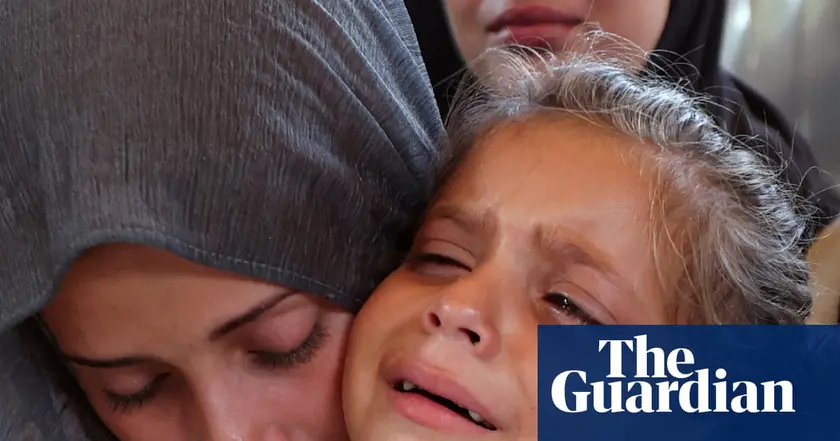
Death toll in Gaza rises amid aid crisis
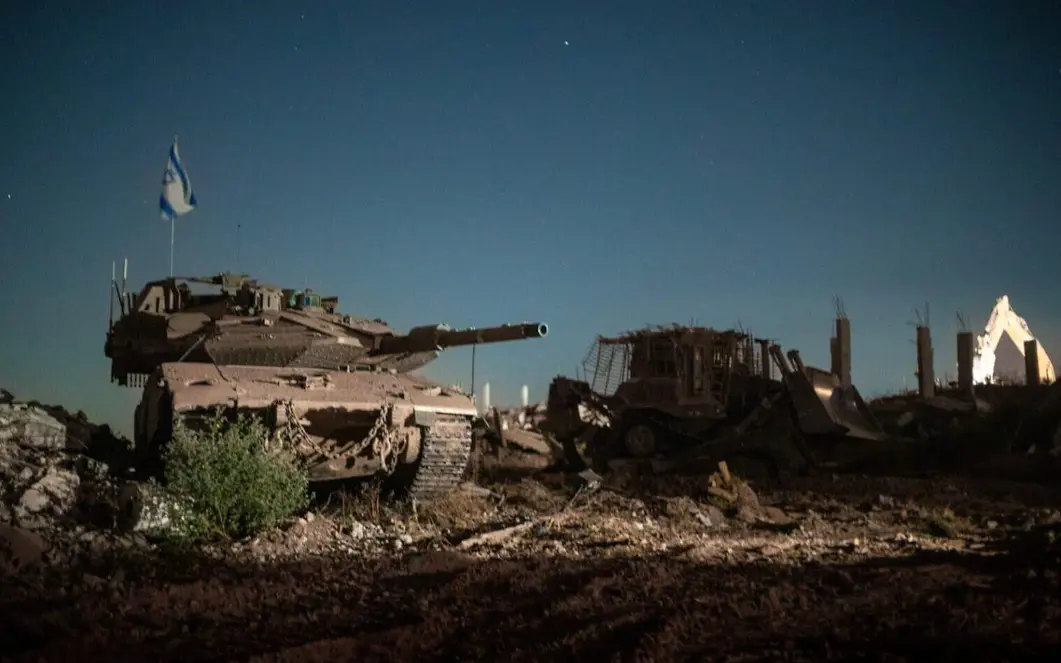
At least 25 killed in Gaza awaiting aid deliveries
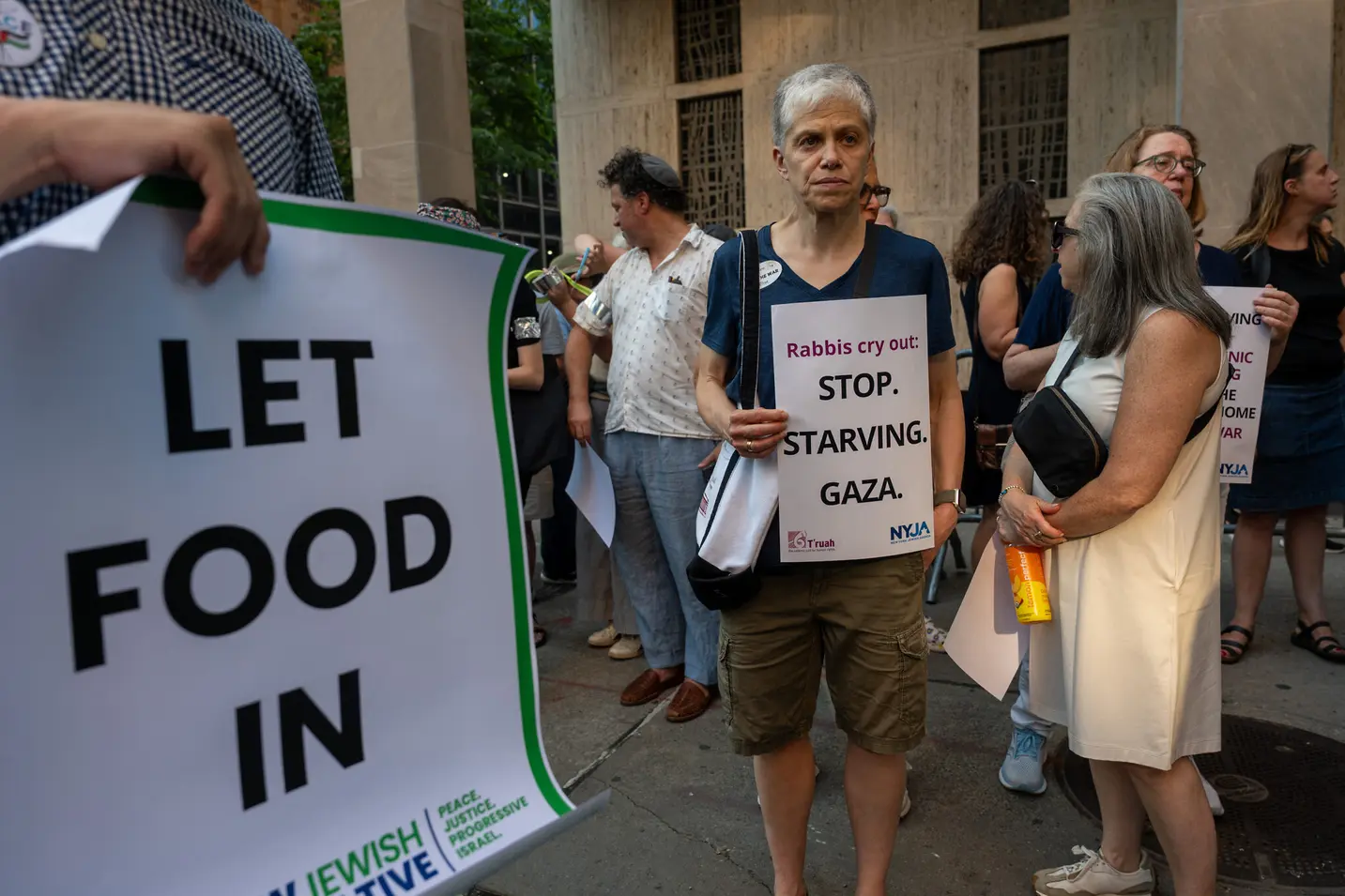
35 US rabbis arrested during pro-Gaza demonstrations
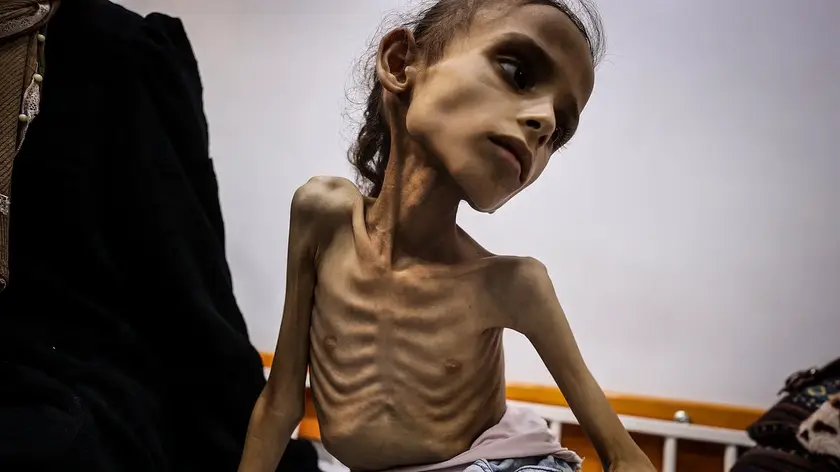
New photos of Maryam Duvvas illustrate severe malnutrition in Gaza
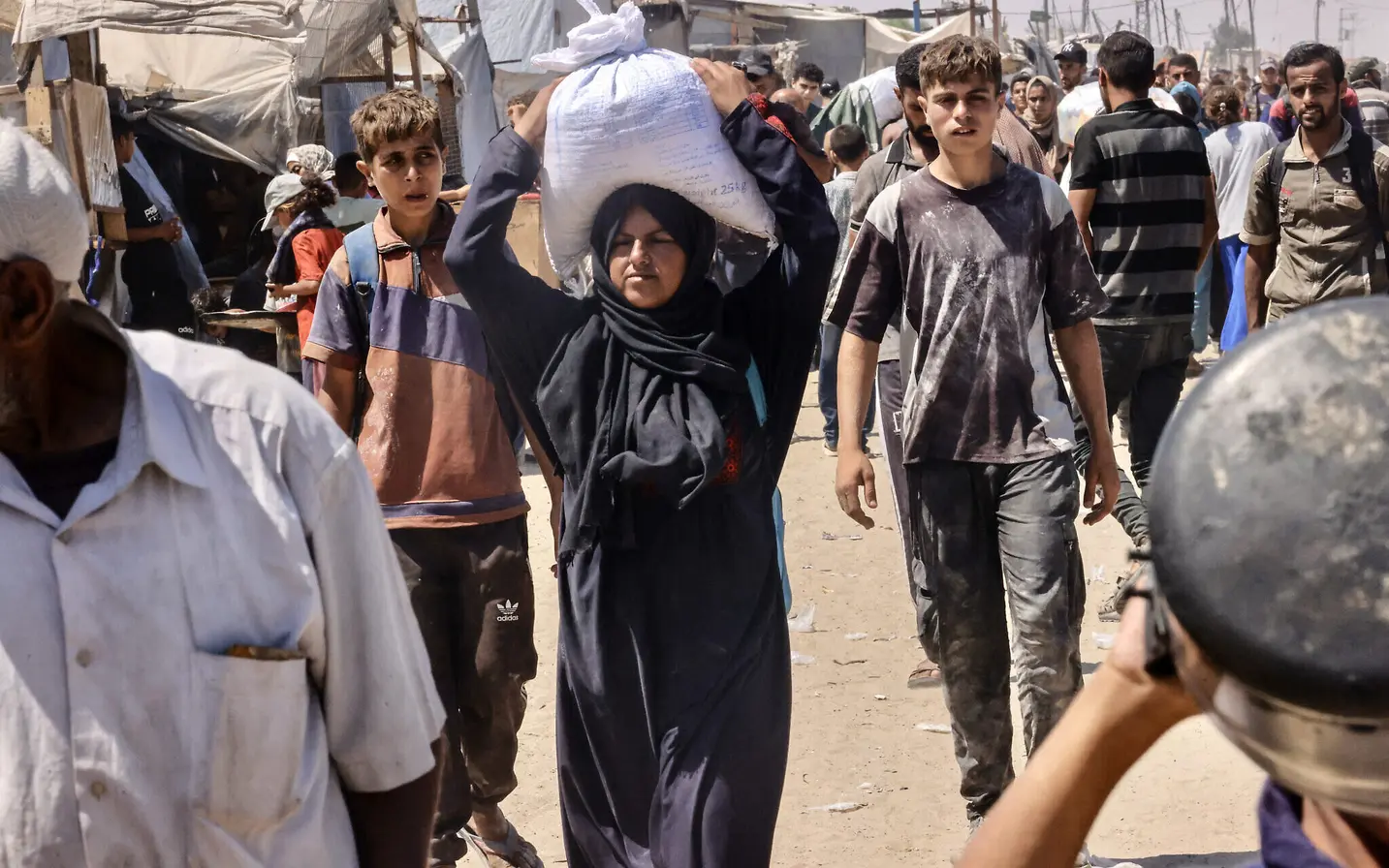
Rabbis demand end to starvation tactics in Gaza
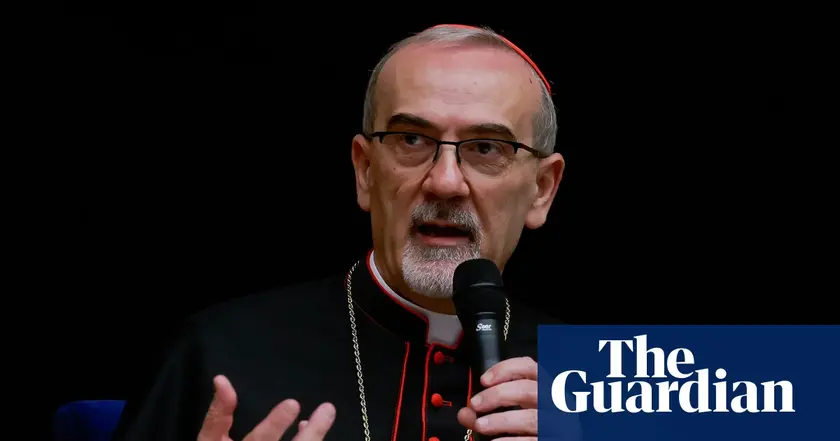
Cardinal calls Israeli policies morally unjustifiable
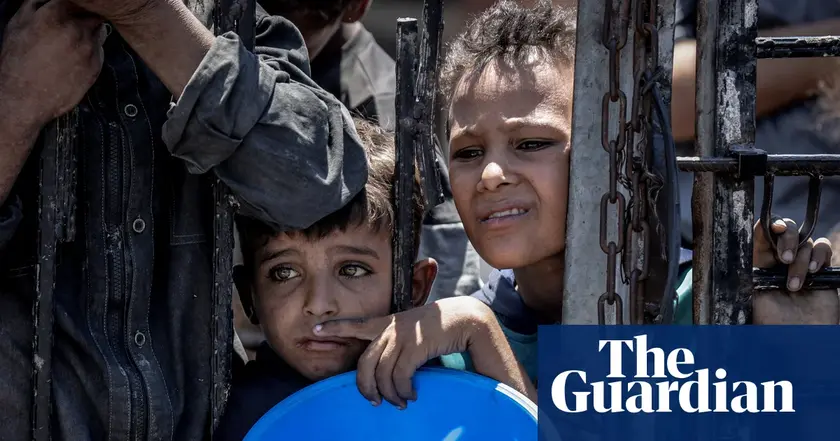
UN warns of genocide in Gaza amid starvation
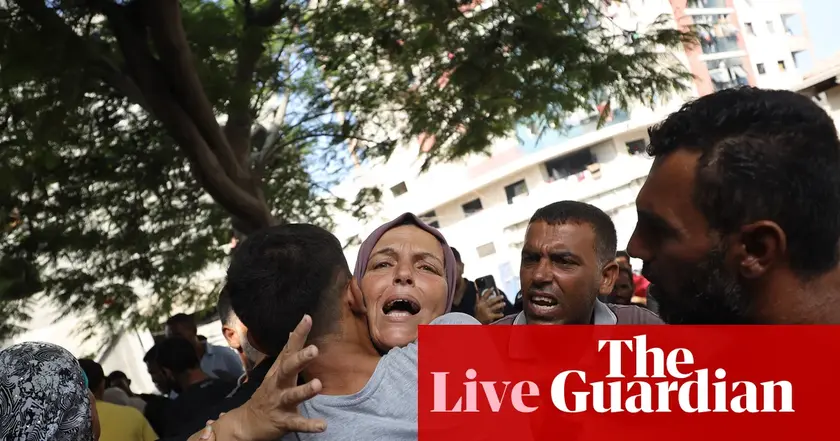
UN warns Gaza hunger as death toll rises
